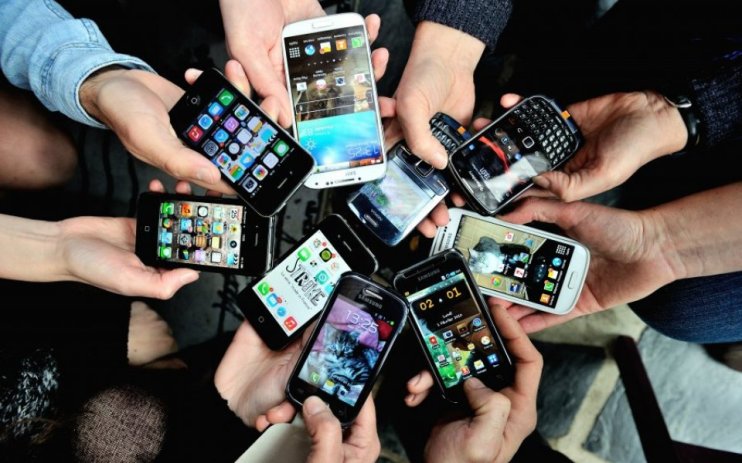How we can stop the smartphone swindle once and for all

Millions of consumers are unknowingly being ripped off by their mobile provider and paying for handsets that they have already paid off and now own outright, to the tune of £530m a year, reveals Gareth Turpin
How would you feel if you finally paid off your mortgage and owned your house outright, but your bank continued to charge you each month? You’d be spitting feathers. Yet that’s the situation millions of consumers are unknowingly facing when it comes to their mobile phone contracts today.
Up and down the country millions of people are unknowingly being ripped off by their mobile provider and overpaying for their handset – to the tune of £530m per year.
How is this happening? It’s all to do with how contracts were traditionally structured as one bundle which combines the cost of a handset, with the cost of the airtime (data, minutes and texts), wrapping it into one bill with one single price. It sounds simple but this simplicity can be a smokescreen that means customers end up paying twice for the same thing.
When a customer on a bundled plan receives their bill, it won’t tell them how much they’re paying for their smartphone. It might not even mention that they have one. They’ll just see a monthly figure for their ‘Essentials 25GB’ plan or similar.
At the end of the contract, they’ll have paid off the cost of their device. It’s theirs – they own it.
But rather than recognise that and reduce customers’ bills, other operators continue to charge the same amount each month.
You wouldn’t pay for your house, a car loan or even a coffee twice, yet this is exactly what is happening on a bundled contract. Fortunately, there is an easy solution: split contracts that separate payments for a handset and for airtime.
With these contracts, as soon as a customer’s deal ends and they’ve paid off their credit agreement, handset payments will stop automatically. No more unnecessary payments.
O2 was the first provider to launch these contracts more than a decade ago.
Yet millions of customers with other providers are continuing to pay for phones they already own. We first exposed this issue in May when we called for the industry to change. Since then, consumers have spent nearly £200m paying for phones that are rightly theirs.
After spending months calling for mobile operators to ‘Stop the Smartphone Swindle’ and end the pernicious practice of charging customers for devices they already own, we’re pleased to see EE launch fairer and more transparent split contracts.
While these split contracts prevent customers taking a new deal from overpaying in the future, the half a billion-pound handset overpayment problem is far from solved: EE, and other mobile network operators, still have millions of customers tied into classic bundled deals set to keep paying for phones they’ve already paid off as soon as their contracts end.
More than nine in 10 people are unaware of this overpayment issue so the problem is set to run and run.
We are reiterating our calls for the industry to deliver a fairer deal for consumers. That means automatically and fully rolling down customers onto airtime-only plans when their contract ends – a change which could put money back into the pockets of millions of people – and clearly informing consumers as soon as they’ve paid off the cost of the device.
Until this happens, consumers are set to spend hundreds of millions of pounds unwittingly paying for handsets they already own.
Gareth Turpin is Chief Commercial Officer at Virgin Media O2